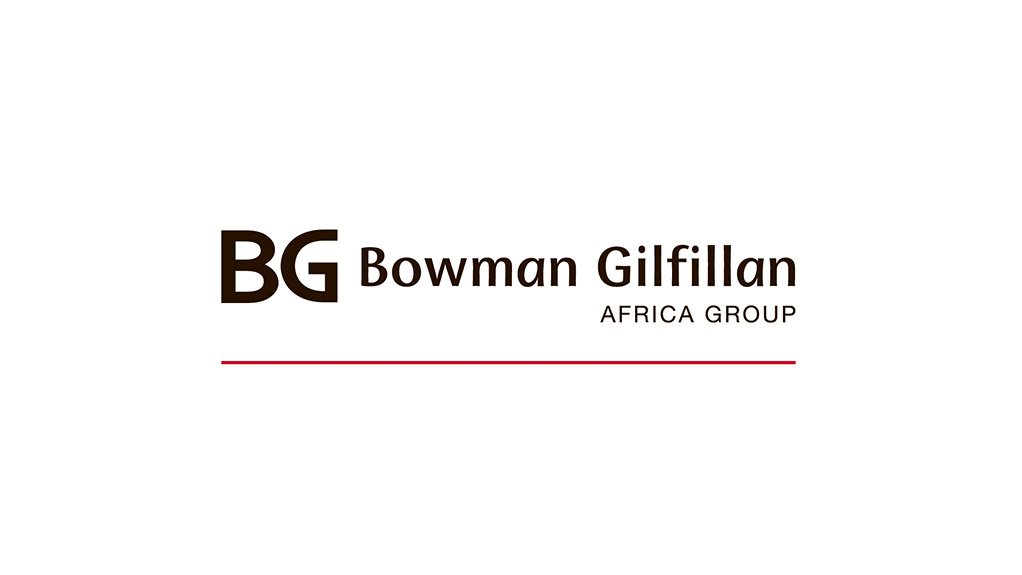Corporates seeking to do business in South Africa and/or with South African counterparties, whether in the context of cross-border financing transactions or otherwise, should take cognisance of the exchange control regulations that govern the inflow and outflow of capital from South Africa. They should bear in mind that their South African counterparts will be required to seek approval for such transactions under the Exchange Controls in terms of the Exchange Control Regulations, issued under the Currency and Exchanges Act, 1933 (Regulations).
South African residents (as opposed to non-South African party) are subject to the Regulations. The Financial Surveillance Department of the South African Reserve Bank (FinSurv) is responsible for the day-to-day administration of exchange controls in South Africa. All of the major South African Banks have been appointed to act as Authorised Dealers in foreign exchange (Authorised Dealers).
The purpose of the Regulations is, amongst other things, to regulate inflows and outflows of capital from South Africa. South African residents are not permitted to export capital from South Africa except as provided for in the Regulations. No South African resident is therefore entitled to enter into any transaction in terms of which capital (whether in form of funds or otherwise) or any other right to capital is directly or indirectly exported from South Africa without the approval of FinSurv or an Authorised Dealer. An Authorised Dealer can grant approvals under the Regulations within the conditions and the limits prescribed by FinSurv.
Exchange Controls do not apply to non-residents, but they may be impacted indirectly if they transact with a South African resident, who is required to seek exchange control approval under the Regulations. South African case law confirms that a lack of exchange control approval does not render an agreement void but that such agreement could be declared invalid by FinSurv on the basis that it contravenes the Regulations. FinSurv is able to grant the necessary approval after the fact, but this could lead to the imposition by FinSurv of penalties on the South African resident.
To the extent that a cross-border financing transaction is implemented pursuant to which a South African resident is either the borrower, lender and/or a security provider, the requirement of obtaining exchange control approval under the Regulations must be included in the list of conditions precedent of such transaction and be borne in mind in terms of the timing for closing of the transaction. If the exchange control approval is required from FinSurv one should allow for three to six weeks; if it is can be obtained from an Authorised Dealer once should allow for one to two weeks.
Examples of finance transactions that will require exchange control approval include those cases where a loan is advanced by a South African corporate to a non-resident. In addition, exchange control approval is required when a South African corporate, as security provider, provides security in respect of an off-shore loan advanced by a non-resident lender to the non-resident holding company of the South African corporate and when a loan is advanced by a non-resident to a South African corporate, for the remittance of interest and a repayment of the capital off-shore. In addition, exchange control approval is required when a South African resident is granting a guarantee in respect of off-shore loan, as well as when an offshore investor is acquiring shares in a South African company (in which case such approval takes the form of a share certificate endorsement by the Authorised Dealer).
Written by Lischa Gerstle, partner in Bowman Gilfillan Africa Group's Banking and Finance Department
EMAIL THIS ARTICLE SAVE THIS ARTICLE
To subscribe email subscriptions@creamermedia.co.za or click here
To advertise email advertising@creamermedia.co.za or click here











